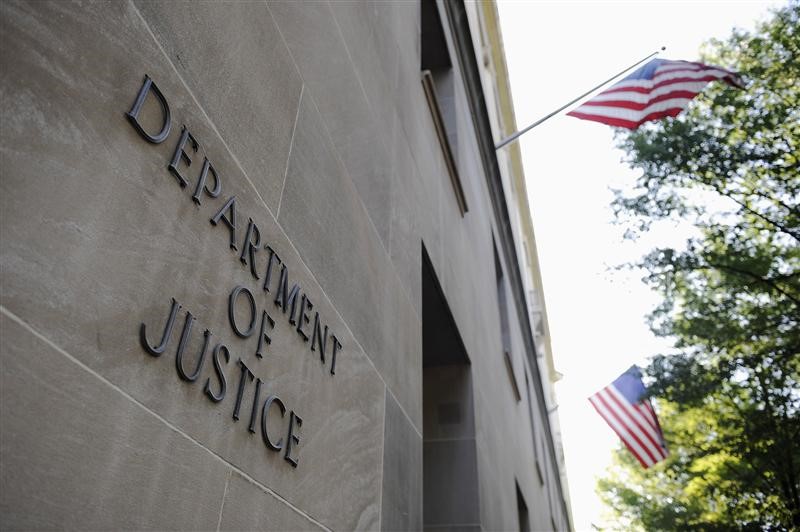Who is Kevin Hassett? Wolfe looks at the Trump ally tipped to become Fed Chair.
By Sarah N. Lynch
WASHINGTON (Reuters) - The U.S. Justice Department is weighing whether a financial enforcement task force created during the Obama administration in the wake of the housing crisis is still relevant, Deputy Attorney General Rod Rosenstein said Wednesday.
The department's scrutiny of the Financial Fraud Enforcement Task Force is part of a broader review by a new working group, which Rosenstein said will be offering up suggestions "on promoting individual accountability and corporate cooperation."
"We are also reviewing the mandate of the Financial Fraud Enforcement Task Force to evaluate whether it continues to meet current needs," Rosenstein said in a speech to the U.S. Chamber of Commerce, without giving specific reasons for the review.
The financial task force was launched in November 2009 by former Attorney General Eric Holder, former Securities and Exchange Commission Chairwoman Mary Schapiro and other top government officials.
The group was tasked with unearthing fraud following the 2007-2009 financial crisis, including fraud related to toxic mortgage securities that were sold to investors and soured as homeowners defaulted on their mortgages.
The Justice Department was heavily criticized during the Obama administration for its lackluster record on bringing criminal cases against big banks and their executives following the crisis.
The five-year statute of limitations to bring criminal charges has long since lapsed. However, the department in recent years has brought a number of high-profile civil cases against big banks using the Financial Institutions Reform, Recovery and Enforcement Act, which has a 10-year statute of limitations.
The task force was credited by the department in helping bring a number of those crisis-era cases, as well as other cases unrelated to the crisis, such as criminal charges against a former Valeant executive in connection with an alleged kickback scheme.
Rosenstein has previously said the department is reviewing its corporate prosecution policy outlined under the so-called Yates Memo, penned by his predecessor Sally Yates during the Obama administration.
That memo emphasized holding individuals accountable and called on companies to cooperate by providing the department details about people who may have been involved in wrongdoing.
Rosenstein did not announce any changes on Wednesday, though he said the department will carefully weigh whether companies cooperate and if their compliance programs are "applied faithfully."
Without mentioning any company by name, he warned about the risks of delaying in disclosing cyber attacks, saying it "may prevent other innocent parties from taking steps to protect themselves."
Equifax Inc (NYSE:EFX) has recently come under heavy criticism for delays in reporting a massive breach that may have exposed more than 145 million U.S. customers.
